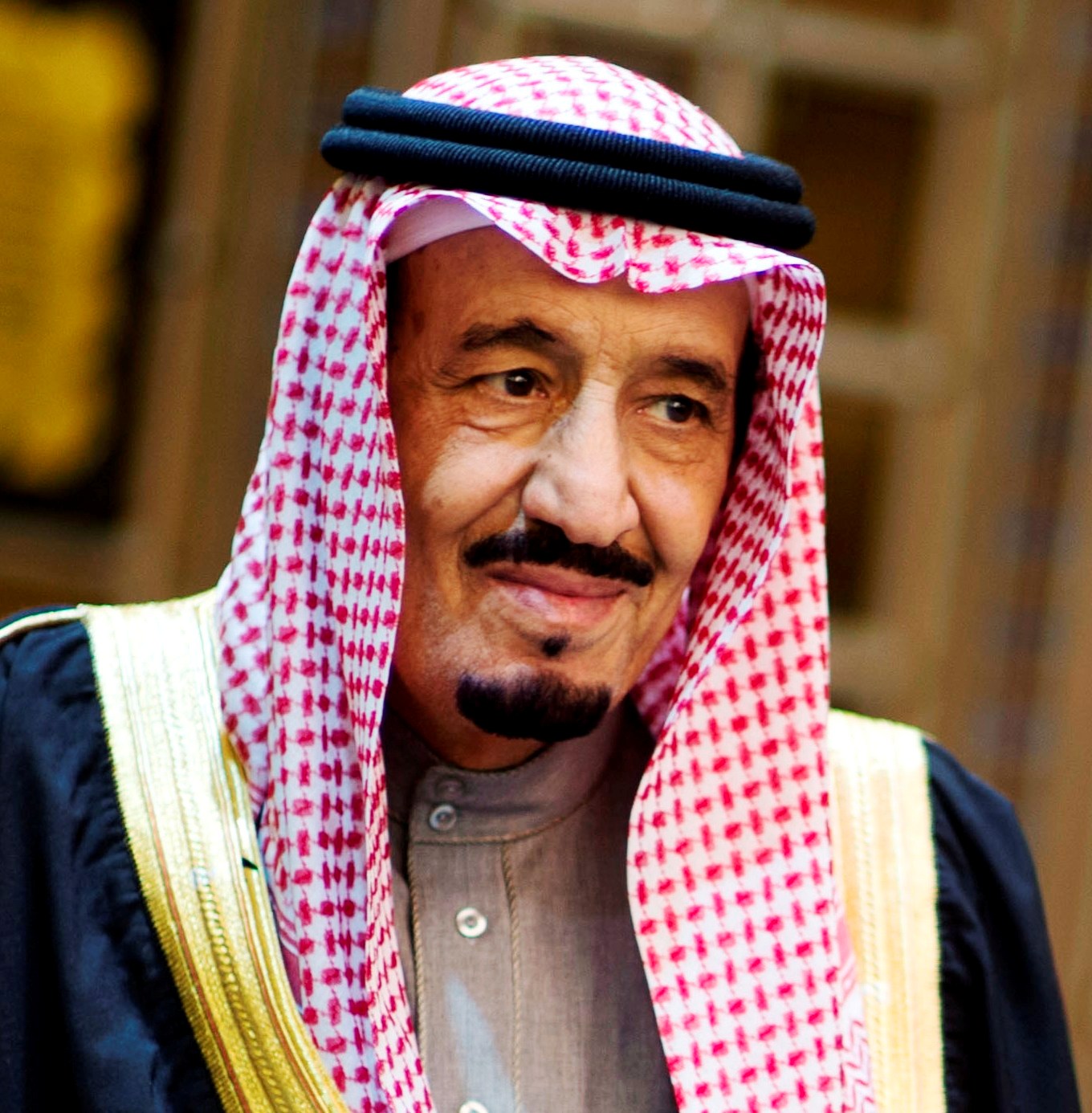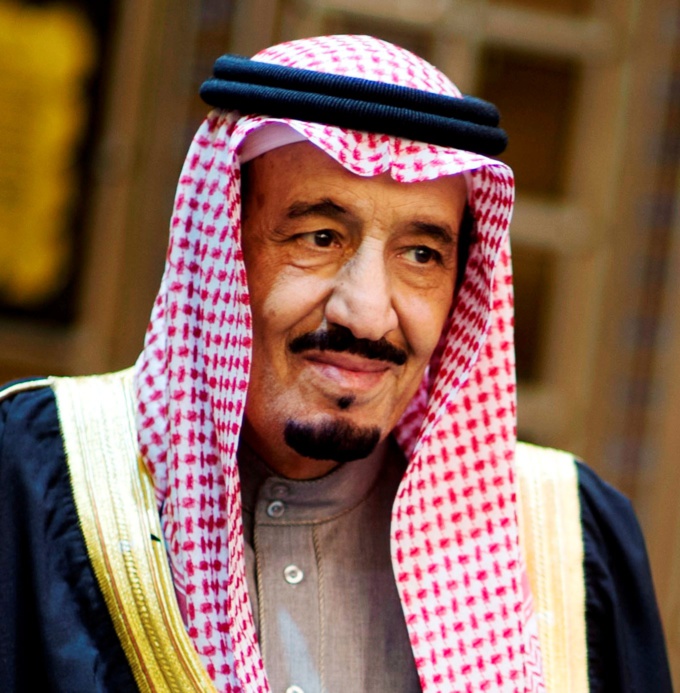The initial plan envisaged privatization of state assets, creation of 1.2 million jobs in the private sector and reduction of unemployment from 11.6 to 9% by 2020. But in July the government started to alter the course. The new version will "change the current initiatives and add new ones," says an internal document quoted by Financial Times.
Some of the reforms that were part of the plan are now included in other programs, since the government wants to make the reform plan more feasible. As stated in the document, the NTP’s timeframe is limited to 2020, but the goals are also set for 2025 and 2030.
Partial privatization of the oil state company Saudi Aramco is not part of the NTP, but is critical to the fulfillment of Prince Muhammad's plans. The document did not stipulate whether the new reform program would affect the initial public offering of a 5% stake in Saudi Aramco, which is scheduled for 2018. But the overall privatization program and initiatives such as affordable housing and financial sector reform will be implemented outside the NTP by various ministries.
The new reform plan will become of the 12 programs needed to achieve the goals set by Prince Muhammad. "It's a recognition that many of these goals were too aggressive and could have a major impact on the economy," says a government adviser.
The initial plan was submitted in July 2016, and was supervised by the Council for Economic and Development Affairs under Prince Muhammad. But, according to another government adviser, the change in the plan was inevitable, given that the cumbersome Saudi bureaucracy has had only a little more than three years to reach its goals.
The advisers are concerned that a change in the plan may embarrass investors who are already worried about the country's economic slowdown and political intrigue in the royal family. In June, Prince Muhammad became heir to the throne instead of his cousin. In addition, bankers note that the government is focused on such measures as raising taxes and reducing subsidies, rather than stimulating economic growth. According to the forecasts of the International Monetary Fund, the growth rate of the country's GDP will slow from 1.7% in 2016 to 0.1% this year. "Flexibility is great, but changing goals on the go cannot be called a good habit," said one of the advisers.
The new reform plan will focus on combating bureaucracy and increasing effectiveness of civil servants, as well as increasing women's employment and supporting small and medium-sized businesses. But the changes will be fully known at the end of October, when officials should submit the final version of the plan, the document says.
source: ft.com
Some of the reforms that were part of the plan are now included in other programs, since the government wants to make the reform plan more feasible. As stated in the document, the NTP’s timeframe is limited to 2020, but the goals are also set for 2025 and 2030.
Partial privatization of the oil state company Saudi Aramco is not part of the NTP, but is critical to the fulfillment of Prince Muhammad's plans. The document did not stipulate whether the new reform program would affect the initial public offering of a 5% stake in Saudi Aramco, which is scheduled for 2018. But the overall privatization program and initiatives such as affordable housing and financial sector reform will be implemented outside the NTP by various ministries.
The new reform plan will become of the 12 programs needed to achieve the goals set by Prince Muhammad. "It's a recognition that many of these goals were too aggressive and could have a major impact on the economy," says a government adviser.
The initial plan was submitted in July 2016, and was supervised by the Council for Economic and Development Affairs under Prince Muhammad. But, according to another government adviser, the change in the plan was inevitable, given that the cumbersome Saudi bureaucracy has had only a little more than three years to reach its goals.
The advisers are concerned that a change in the plan may embarrass investors who are already worried about the country's economic slowdown and political intrigue in the royal family. In June, Prince Muhammad became heir to the throne instead of his cousin. In addition, bankers note that the government is focused on such measures as raising taxes and reducing subsidies, rather than stimulating economic growth. According to the forecasts of the International Monetary Fund, the growth rate of the country's GDP will slow from 1.7% in 2016 to 0.1% this year. "Flexibility is great, but changing goals on the go cannot be called a good habit," said one of the advisers.
The new reform plan will focus on combating bureaucracy and increasing effectiveness of civil servants, as well as increasing women's employment and supporting small and medium-sized businesses. But the changes will be fully known at the end of October, when officials should submit the final version of the plan, the document says.
source: ft.com



















